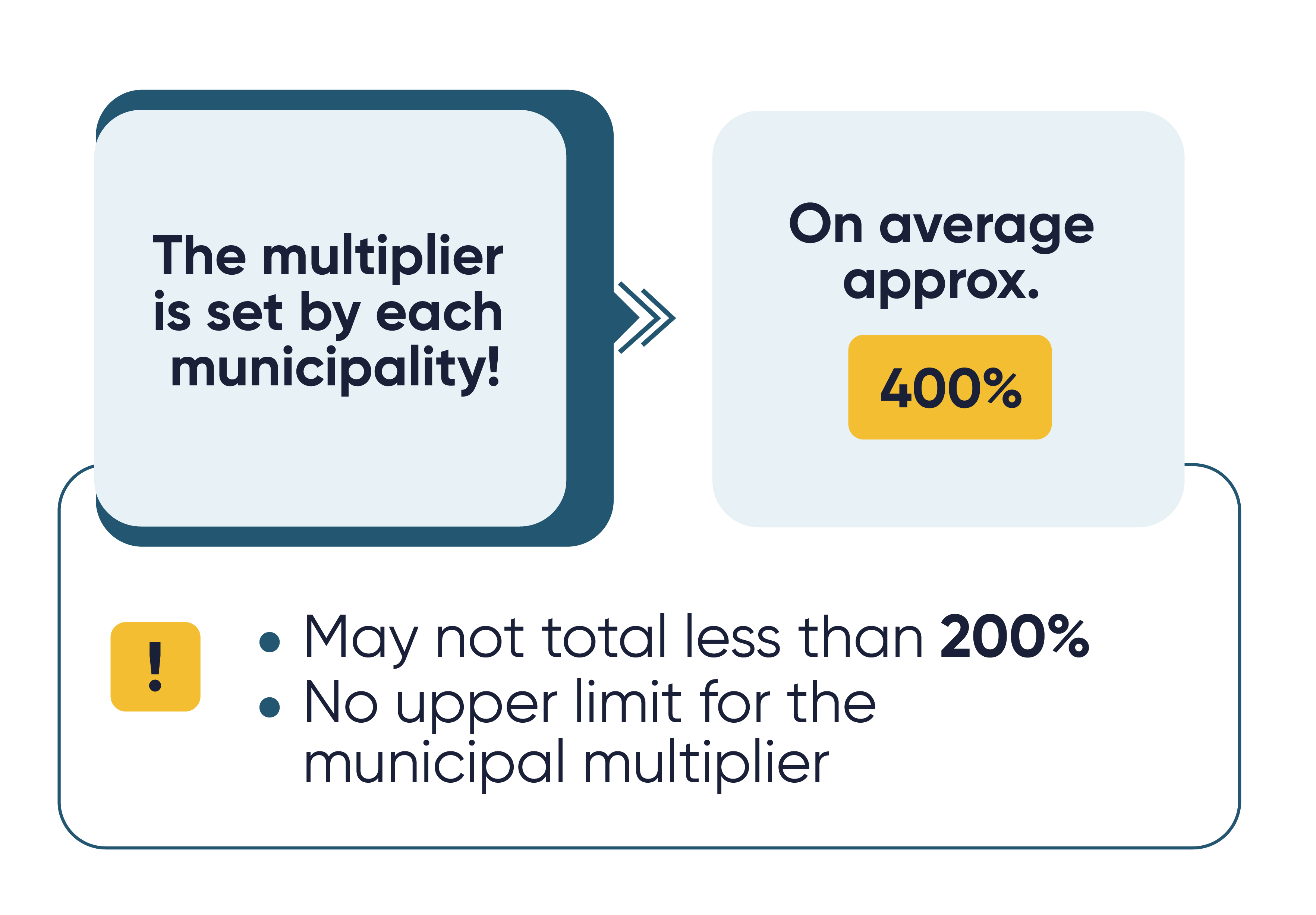Can You Claim the Interest on a Home Equity Loan? A Comprehensive Guide to Maximizing Your Tax Benefits
Guide or Summary:Can You Claim the Interest on a Home Equity Loan?Can You Claim the Interest on a Home Equity Loan?When it comes to financing home improveme……
Guide or Summary:

Can You Claim the Interest on a Home Equity Loan?
When it comes to financing home improvements, consolidating debt, or covering unexpected expenses, many homeowners turn to home equity loans. However, one of the most significant advantages of a home equity loan is the potential tax deduction on the interest paid. This leads many homeowners to ask, "Can you claim the interest on a home equity loan?" In this comprehensive guide, we will explore this topic in detail, helping you understand the nuances of home equity loans, their tax implications, and how to maximize your benefits.
### Understanding Home Equity Loans
A home equity loan allows homeowners to borrow against the equity they have built in their property. This type of loan is typically secured by the home itself, meaning that if the borrower fails to repay the loan, the lender can take possession of the property. Home equity loans usually come with fixed interest rates and are paid back in installments over a set period.
### Tax Deductibility of Home Equity Loan Interest
The ability to claim interest on a home equity loan can provide significant financial relief for homeowners. However, the Tax Cuts and Jobs Act (TCJA) of 2017 introduced changes that affect the deductibility of interest on home equity loans. Under the current law, homeowners can only deduct interest on a home equity loan if the funds are used to buy, build, or substantially improve the home that secures the loan.

This means that if you take out a home equity loan to pay for a new roof, kitchen remodel, or other major improvements to your primary residence, you may be eligible to deduct the interest on your taxes. However, if you use the funds for personal expenses, such as paying off credit card debt or financing a vacation, the interest is not deductible.
### How to Claim the Interest on Your Home Equity Loan
If you determine that you can claim the interest on your home equity loan, the next step is understanding how to do so. Here’s a step-by-step guide:
1. **Keep Accurate Records**: Maintain detailed records of how you use the funds from your home equity loan. This documentation will be crucial if the IRS questions the deductibility of your interest.
2. **Form 1098**: Your lender will send you Form 1098, which reports the amount of interest you paid on your home equity loan during the tax year. This form is essential for claiming the deduction.
3. **Itemize Deductions**: To claim the interest, you must itemize your deductions on Schedule A of your tax return. This means that you need to forgo the standard deduction and list your allowable deductions, including mortgage interest.
4. **Consult a Tax Professional**: Tax laws can be complex and subject to change. Consulting a tax professional can help ensure that you are maximizing your deductions and complying with all regulations.
### Additional Considerations

While claiming the interest on a home equity loan can be beneficial, there are other factors to consider:
- **Loan Limits**: The TCJA also imposed limits on the total amount of mortgage debt that can be deducted. Homeowners can only deduct interest on up to $750,000 of mortgage debt for loans taken out after December 15, 2017. For loans taken out before this date, the limit is $1 million.
- **State Taxes**: Some states have different rules regarding the deductibility of home equity loan interest. Be sure to check your local tax laws or consult a tax professional.
- **Future Changes**: Tax laws can change, and what applies today may not be the same in future tax years. Stay informed about any changes that could affect your ability to claim interest on your home equity loan.
### Conclusion
In summary, the question "Can you claim the interest on a home equity loan?" is one that many homeowners grapple with. While the answer is yes, under certain conditions, understanding the specifics is crucial to maximizing your tax benefits. By using your home equity loan for qualified expenses, keeping accurate records, and consulting with a tax professional, you can take full advantage of the potential deductions available to you. Remember, the key to effective tax planning is staying informed and proactive about your financial decisions.